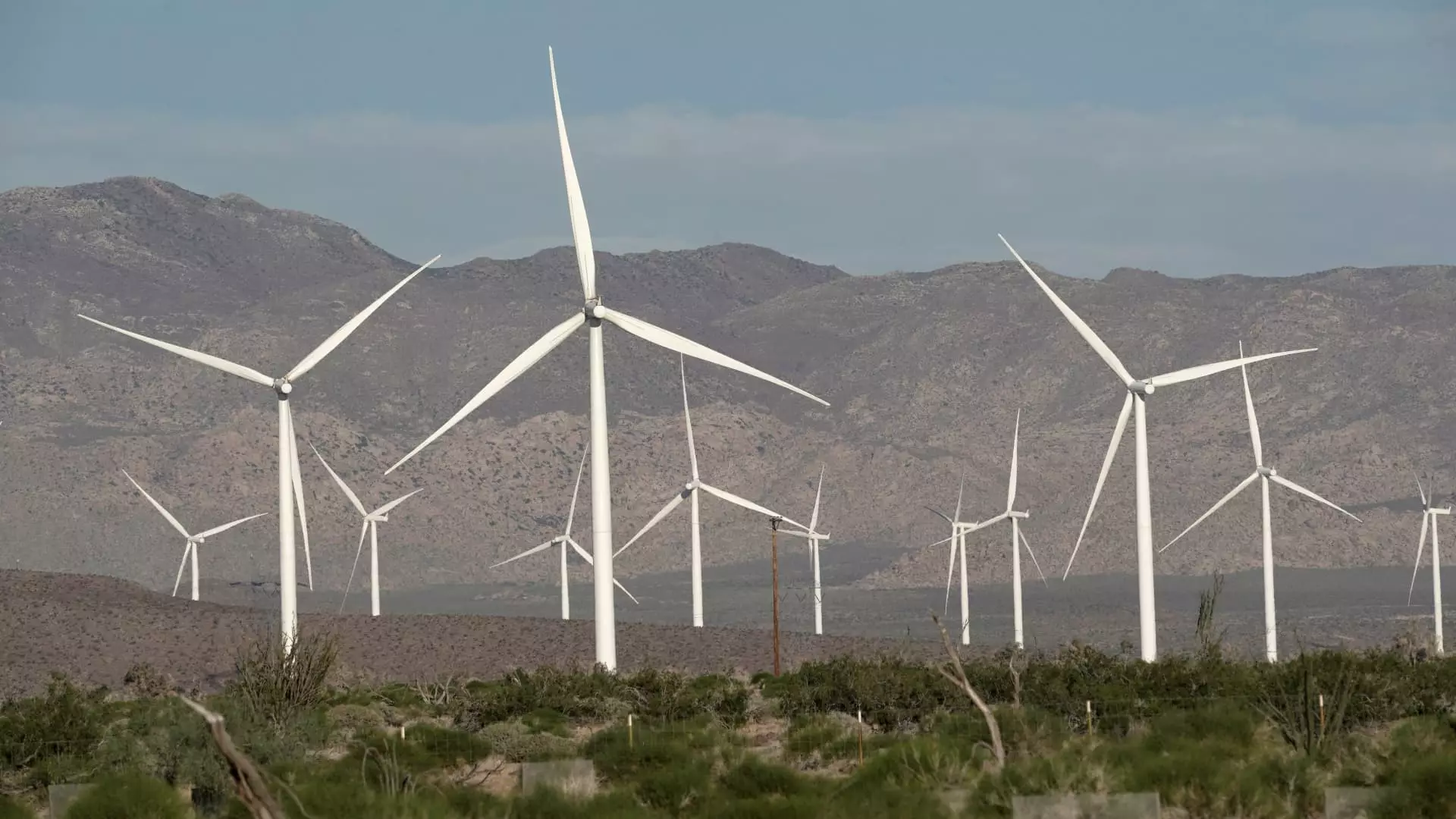Siemens Energy experienced a significant surge in its shares, rising by as much as 13% in a single day. This surge came after the German renewables firm adjusted its forecast for the year and made an announcement regarding changes in leadership within its wind turbine unit. The shift in leadership involved the replacement of Jochen Eickholt as CEO of Siemens Gamesa by Vinod Philip. The move was part of what the company described as “comprehensive restructuring measures” aimed at addressing the challenges faced by Siemens Energy.
Jochen Eickholt’s decision to step down as CEO of Siemens Gamesa and the subsequent appointment of Vinod Philip were pivotal moments for Siemens Energy. The company highlighted that Eickholt had laid the groundwork for the necessary reorganization and rejuvenation within Siemens Energy, despite not being responsible for the quality issues that emerged under his tenure. Siemens Energy’s CEO, Christian Bruch, acknowledged Eickholt’s efforts in navigating the company through a difficult period and ensuring the implementation of crucial restructuring measures. The restructuring initiatives and long-term strategic plans put forth by Siemens Gamesa were geared towards improving operating margins and addressing quality concerns prevalent within the company.
Siemens Energy’s efforts to stabilize its wind business and enact operational changes reflected positively in its financial outlook. The company raised its forecast for the year, anticipating comparable revenue growth between 10% and 12%, as well as a projected profit margin before special items ranging from negative 1% to positive 1%. These revised figures represented a notable improvement from the previous forecast, which had predicted less optimistic revenue growth and profit margins. The strong demand for power grid equipment and the progress made in the wind sector contributed to Siemens Energy’s improved forecast for the year.
CEO Christian Bruch provided insights into Siemens Energy’s performance and future direction during an interview with CNBC’s “Squawk Box Europe.” He acknowledged the company’s accomplishments in the energy sector but also highlighted the ongoing efforts needed to address quality issues within the wind division. Bruch emphasized the importance of focusing on both onshore and offshore activities, with an increased emphasis on offshore operations. He stressed the significance of refining volume products in the offshore segment to enhance operational efficiency and market competitiveness.
Siemens Energy encountered significant challenges in 2023, marked by manufacturing faults at Gamesa that resulted in a substantial loss for the parent company. The investigation into quality issues within the wind turbine division was a crucial step in identifying and rectifying operational shortcomings. The setbacks faced by Siemens Energy in the wind sector prompted the company to revise its profit forecast and caution stakeholders about the prolonged impact of Gamesa’s failures. The turbulent period experienced by Siemens Energy raised concerns among investors regarding the broader implications for the wind industry.
The wind industry has witnessed rapid expansion and technological advancements over the past few decades, leading to cost reductions and increased operational efficiency. The shift towards larger turbines and reduced reliance on state subsidies has transformed the sector’s competitiveness relative to traditional fossil fuels. However, the challenges faced by players like Siemens Energy underscore the complexities and uncertainties within the renewable energy landscape. The industry’s evolution and adaptation to changing market dynamics will be crucial in determining its long-term sustainability and growth prospects.

